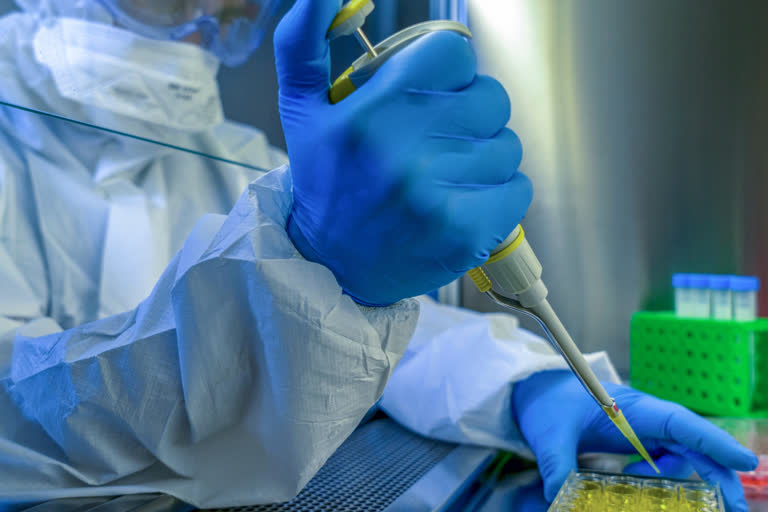New Delhi: The Council of Medical Research (ICMR) on Saturday released a finding which cited ‘unsafe injection exposure during treatment-seeking’ and 'receipt of intramuscular injection in the last five years' as causes behind the rise of HIV in Unnao region of Uttar Pradesh in 2018.
According to the findings the infection arising from a blood transfusion, undergoing invasive surgical procedures, tattooing, tonsuring of the head or skin piercing was not related to the surge in the cases.
The study was done on individuals detected HIV Sero-reactive during November 2017-April 2018 from three locations namely Premganj, Karimuddinpur and Chakmeerapur in the Bangarmau block of the Unnao district.
The study participants were interviewed based on various risk practices and invasive treatment procedures. They were also tested for HIV and other bio-markers reflecting unsafe injecting and sexual exposures.
Along with this, secondary data analysis on three-time points was performed which revealed a rising trend of HIV among attendees of specific ICTCs in the district.
Speaking about the study, the corresponding author, Dr Samiran Panda, Director, ICMR-National AIDS Research Institute, Pune said, “The study has been critical to understanding the outbreak and the challenges associated with unsafe injection practices."
"A comprehensive approach to tackle the problem should be adopted with interventions like increasing access to sterilised syringes and needles, empowering the local communities and implementing effective regulatory practices across care settings,” Dr Panda added.
Also Read: IISc Researchers Developing Vaccines To Treat COVID, HIV



